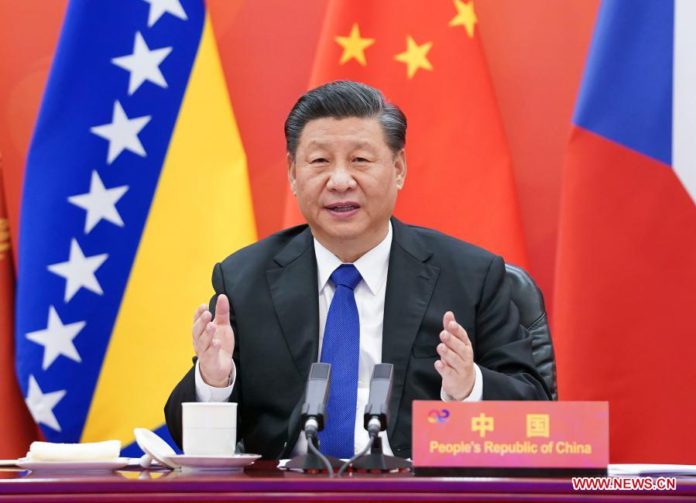The North Atlantic Treaty Organization (NATO) held its 31st summit in Brussels on Monday.
The following are some of the highlights.
NATO countries issue communique on China and Russia: The NATO members issued a communiqué highlighting the “threat” presented by Russia and the “challenges” posed by China, following a meeting on Monday. “Russia’s aggressive actions constitute a threat to Euro-Atlantic security,” the communiqué read.
On China, the statement said: “China’s growing influence and international policies can present challenges that we need to address together as an Alliance. The statement added that the NATO members “will engage China with a view to defending the security interests of the Alliance.”
NATO agrees cyberattacks could lead to the invocation of mutual self-defense clause: The leaders of the 30 NATO countries agreed “that the impact of significant malicious cumulative cyber activities might, in certain circumstances, be considered as amounting to an armed attack,” an assessment that could lead to the invocation of the organization’s mutual self-defense clause, Article 5. The countries “(reaffirmed) that a decision as to when a cyber attack would lead to the invocation of Article 5 would be taken by the North Atlantic Council on a case-by-case basis,” according to a joint statement released during the NATO leaders’ summit on Monday.
Biden says he’ll make “red lines” clear to Putin: US President Biden was asked about his upcoming meeting with Russian President Vladimir Putin. He refused to give details about what he expected the meeting to look like or what topics it might include, but said he will make clear where the “red lines” are. “I’m going to make clear to President Putin that there are areas where we can cooperate, if he chooses, and if he chooses not to cooperate and acts in a way that he has in the past relative to cybersecurity and some other activities, then we will respond. We will respond in kind,” Biden said.
NATO backs US troop withdrawal from Afghanistan: NATO leaders largely backed the US decision to withdraw troops from Afghanistan. Some American allies had griped ahead of the summit that they weren’t properly consulted before Biden announced he would withdraw US troops from Afghanistan by Sept. 11. Others have questioned how security can be maintained in the country when US troops leave, particularly at Kabul International Airport and at other diplomatic facilities. NATO leaders have also agreed to provide “transitional funding” to ensure that the international airport in Kabul continues to operate.
Biden calls for NATO members to stand up to autocrats and “phony populism”: President Biden repeated a call Monday “to prove to the world and to our own people that democracy can still prevail against the challenges of our time and deliver the needs of our people.” Biden said it was up to Democratic nations to prove to the world that autocracies cannot deliver for their people. He said NATO members must root out corruption, guard against hatred and “phony populism,” and invest in strengthening institutions “that underpin and safeguard our cherished democratic values.”

